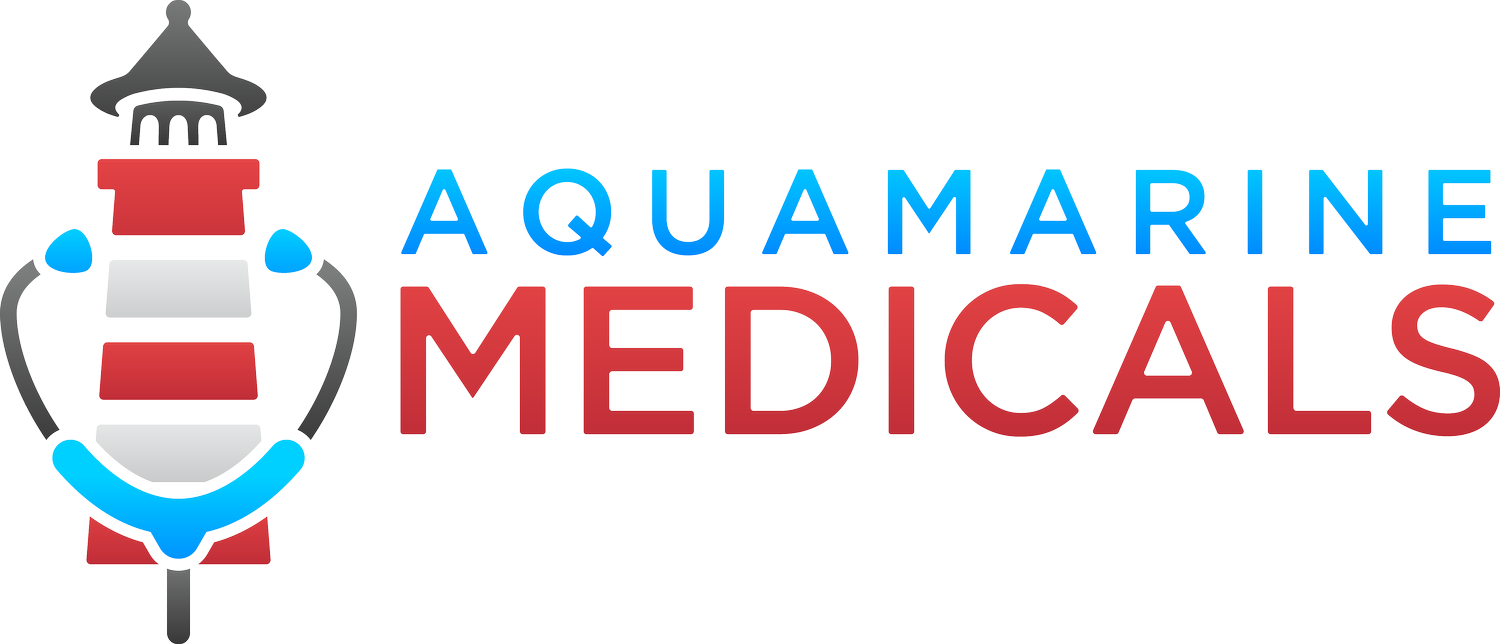A day in the life of a polar dive supervisor
Working on board ships is always great fun, you rapidly become part of the family. People spend months on board working so it’s important to respect the ship as your home.
First thing in the morning I like to head to the bridge and see what is going on, if we managed to get to our next destination and what the weather is doing. Depending on the time in the season in Antarctica or the Arctic the sun won’t have properly set and it’s great to see the sunlight early on in the morning casting shadows over the large icebergs.
The passengers and dive team will be having breakfast and soon afterwards a quick dive brief is held for those divers wishing to dive that day. The exciting thing about diving in the polar regions is that you never know quite what you might find underwater, such huge areas of the regions have never been dived – so this is truly expedition diving. However, that does make supervising these sorts of dives challenging. Ensuring the equipment is checked and everyone is medically fit for the task is really important as help and evacuation from these remote areas is tricky.
The marine life in these regions is awe inspiring, the penguins on land never cease to capture your attention in Antarctica and the humpback whales regularly pop up to say hello. Not all of the marine life is so friendly, and leopard seals can turn in the blink of an eye from calmly inquisitive into aggressive mode.
Antarctica is the windiest, driest and one of the most brutal environments in the world. The weather can change in a heartbeat, which means you have to be on your toes and constantly thinking about when you might need to recall your divers, how you would get them out and what to do if it all goes wrong. As with any dive job, its not always about the diving. Your peripheral skills are constantly used, from boat driving, cylinder filling and radio use, to your skills as a medic or planning tides and currents for dive locations.
Diving an iceberg is always one of the highlights for the team, but it’s not without risk. Divers have to be competent to dive in these sorts of conditions and it goes without saying that drysuits are essential. We generally aim to conduct 2 dives per day, one in the morning and one in the afternoon. This gives a good surface interval to properly warm up and a chance to fill the cylinders! Dinner, cup of tea and an early night is often the order for the day, it’s hard work and time spent relaxing is not common.
People often ask ‘but isn’t it cold?’ – of course it’s cold! But when you get to work in a place like this you’ll happily endure some cold weather.








